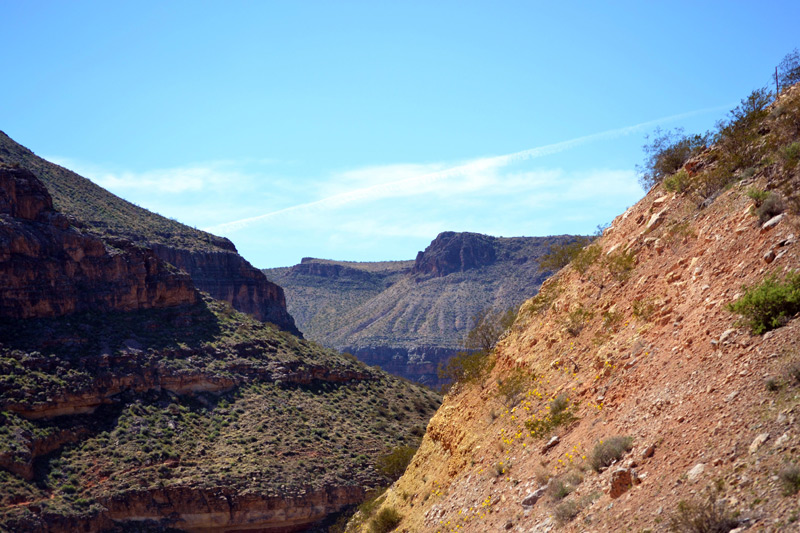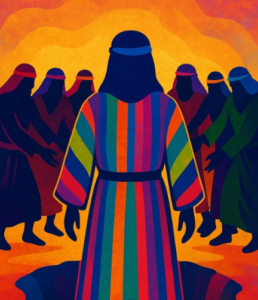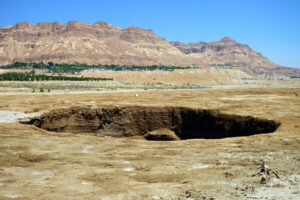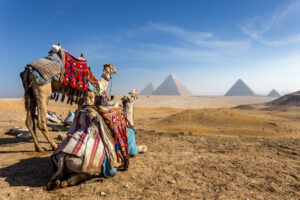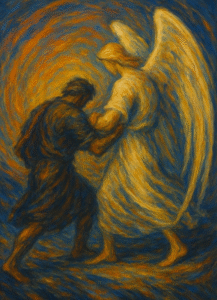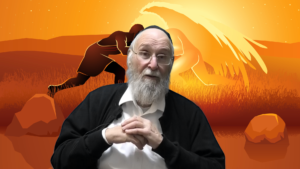“Fear” No Evil
One of the most misunderstood and potentially harmful emotions is fear of God. Like everything else in the world, fear is not some unfortunate feeling, but a creation of God. The opening word of Creation, BeReiShYT (In the beginning) (Genesis 1:1) is an acronym for YaREi BoSheT (fear-humility). The purpose of Creation, says the Zohar, is for man to humble himself and appreciate God’s awesomeness by means of fear.
But when many people think of fear of God, they conjure up a vision of dark angels smacking the living daylights out of them for some misdoing. That idea is simply misplaced. True, there is punishment in store for our misdeeds; however, the punishment itself is a cleansing process for the soul and essential for our eternal life. Fear is a reminder that God has created us for a specific purpose – it’s a wakeup call to stay focused on the task at hand in order to achieve greatness.
I recently read the account of a popular Rabbi’s journey to becoming a Breslover. He describes growing up in the house of a great Tzaddik and always wanting to thrive and grow, but he was stunted by personal shortcomings. His thirst for spiritual accomplishment was so great that, at one point, he contemplated suicide. Fortunately, he came across a letter that Reb Noson had written to his own son, Reb Yitzchok:
Pay no attention to any feelings of discouragement, and do not listen to the criticism of the Evil One and the Other Side who give reproof only in order to dishearten you and distance you from that little bit of good that you are trying to hold on to. … A person must listen to criticism and rebuke only if it draws him closer, not if it pushes him away. I have often spoken to you about the intention of the mussar literature that so harshly rebukes and belittles the reader. It is not trying to distance a person from God, but seeks to draw him closer. …
A person’s every thought, word and deed has two aspects and can be an elixir of life or a deadly poison. … You must be very careful, because much of the time [the Evil One] takes the words of the Living God and turns them upside-down and actually tries to repel and dishearten a person with them, God forbid (Alim LiTerufah, Letter #27).
This can also be seen in our parashah. All the miracles and wonders that God performed in Egypt were meant to demonstrate to the world that He is in charge. Pharaoh, however, refused to recognize God. God responded by saying, “But regarding you and your servants, I know that you do not yet fear God” (Exodus 9:30). When Pharaoh finally did allow the Jewish people to leave, he pursued them to the Sea of Reeds, where God sent him to his untimely end.
The Jewish people witnessed these same awesome miracles and had a completely different reaction: “Israel saw the tremendous power that God wielded against Egypt, and the people feared God” (ibid., 14:31).
Rebbe Nachman teaches that the whole world is a very narrow bridge – but the main thing is not to make oneself afraid at all. We each experience scares in life and often live with much fear and anxiety. It is within our reach to transfer those negative feelings to a place of faith and recognition of God’s sovereignty. When we live with the constant recognition that God is in charge and that whatever He does is for our best, we are able to elevate our fears, transforming them into a positive life of purpose and meaning. Amen.
Based on Likutey Halakhot, Hilkhot Bekhor Beheimah Tehorah 4:3
- 0 comment


